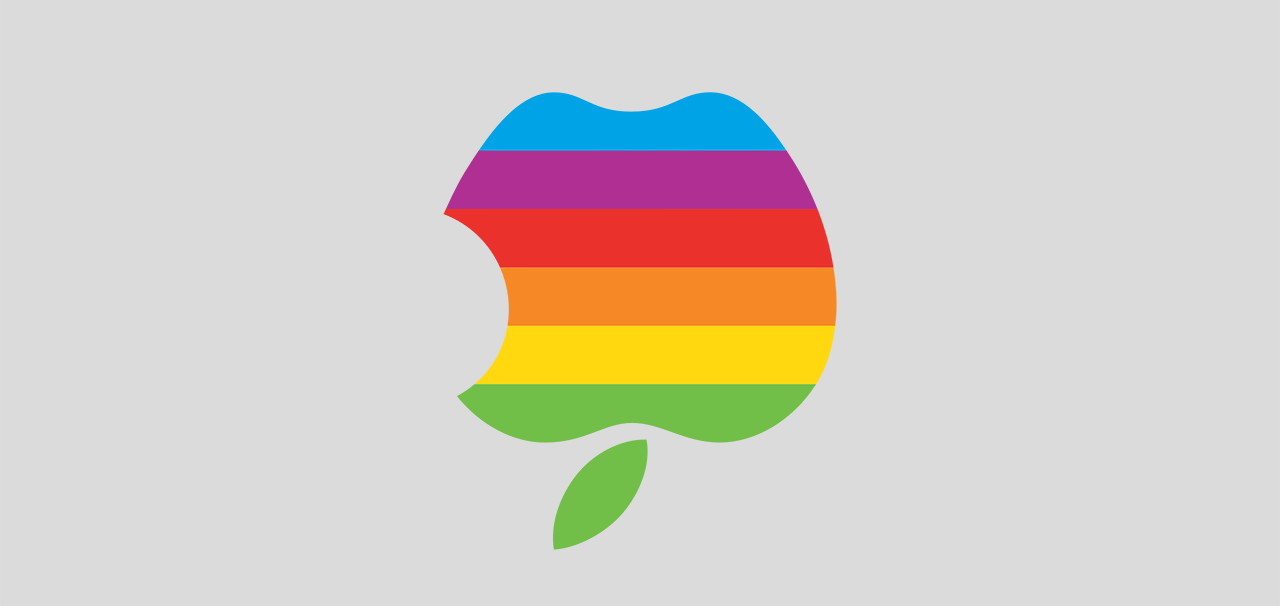
Mac users of a certain age may remember Ambrosia Software, maker of iconic shareware hits like Maelstrom and Escape Velocity. For over a decade, the Ambrosia website included this quotation on its homepage:
“Virtue does not come from money, but rather from virtue comes money, and all other things good to man.” ―Socrates
In other words, don’t try to make money. Try to make great things, and the money will surely follow. It’s a strategy that’s simple to explain, but almost impossible for any company to follow.
Folks in the C-suite will try to tell you that these two goals are perfectly aligned—that making great products is part of being a profitable company. But they mean it in the same way that Frosted Flakes is part of a complete breakfast. It’s on the table, sure…along with a glass of milk, a poached egg, toast with jam, and a piece of fruit. It turns out that, as far as big corporations are concerned, one part of this spread is actually kind of optional.
From virtue comes money, and all other good things. This idea rings in my head whenever I think about Apple. It’s the most succinct explanation of what pulled Apple from the brink of bankruptcy in the 1990s to its astronomical success today. Don’t try to make money. Try to make a dent in the universe. Do that, and the money will take care of itself.
Turn, Turn, Turn
Dissatisfaction with Apple among its most ardent fans has, at various times, reached a crescendo that has included public demands for a change in leadership. The precipitating events could be as serious as Apple bowing to pressure from an authoritarian regime, or as trivial as releasing an unsatisfying new version of an application or operating system.
Despite making my living by criticizing Apple, I tend not to get caught up in the controversy of the moment. When Apple ruined its laptop keyboards, I wasn’t calling for Tim Cook’s head. I just wanted them to fix the keyboards. And they did (eventually).
But success hides problems, and even the best company can lose its way. To everything, there is a season.
As far as I’m concerned, the only truly mortal sin for Apple’s leadership is losing sight of the proper relationship between product virtue and financial success—and not just momentarily, but constitutionally, intransigently, for years. Sadly, I believe this has happened.
The preponderance of the evidence is undeniable. Too many times, in too many ways, over too many years, Apple has made decisions that do not make its products better, all in service of control, leverage, protection, profits—all in service of money.
To be clear, I don’t mean things like charging exorbitant prices for RAM and SSD upgrades on Macs or taking too high a percentage of in-app purchases in the App Store. Those are venial sins. It’s the apparently unshakable core beliefs that motivate these and other poor decisions that run counter to the virtuous cycle that led Apple out of the darkness all those years ago.
Apple, as embodied by its leadership’s decisions over the past decade or more, no longer seems primarily motivated by the creation of great products. Time and time again, its policies have made its products worse for customers in exchange for more power, control, and, yes, money for Apple.
The iPhone is a better product when people can buy ebooks within the Kindle app. And yet Apple has fought this feature for the past fourteen years, to the tune of millions of dollars in legal fees, and has only relented due to a recent court order (which they continue to appeal).
In the (Apple-mandated) absence of competition in the realms of app sales, payment processing, customer service, and software business models, Apple’s exclusive offerings in these areas have stagnated for years. What should be motivating Apple to make improvements—the desire to make great products—seems absent. What should not be motivating Apple—the desire for power, control, and profits—seems omnipresent.
And I don’t mean that in a small way; I mean that in a big way. Every new thing we learn about Apple’s internal deliberations surrounding these decisions only lends more weight to the conclusion that Apple has lost its north star. Or, rather, it has replaced it with a new, dark star. And time and again, we’ve learned that these decisions go all the way to the top.
The best leaders can change their minds in response to new information. The best leaders can be persuaded. But we’ve had decades of strife, lawsuits, and regulations, and Apple has stubbornly dug in its heels even further at every turn. It seems clear that there’s only one way to get a different result.
In every healthy entity, whether it’s an organization, an institution, or an organism, the old is replaced by the new: CEOs, sovereigns, or cells. It’s time for new leadership at Apple. The road we’re on now does not lead anywhere good for Apple or its customers. It’s springtime, and I’m choosing to believe in new life. I swear it’s not too late.
For more on this topic, see the follow-up article: Apple Turnaround




